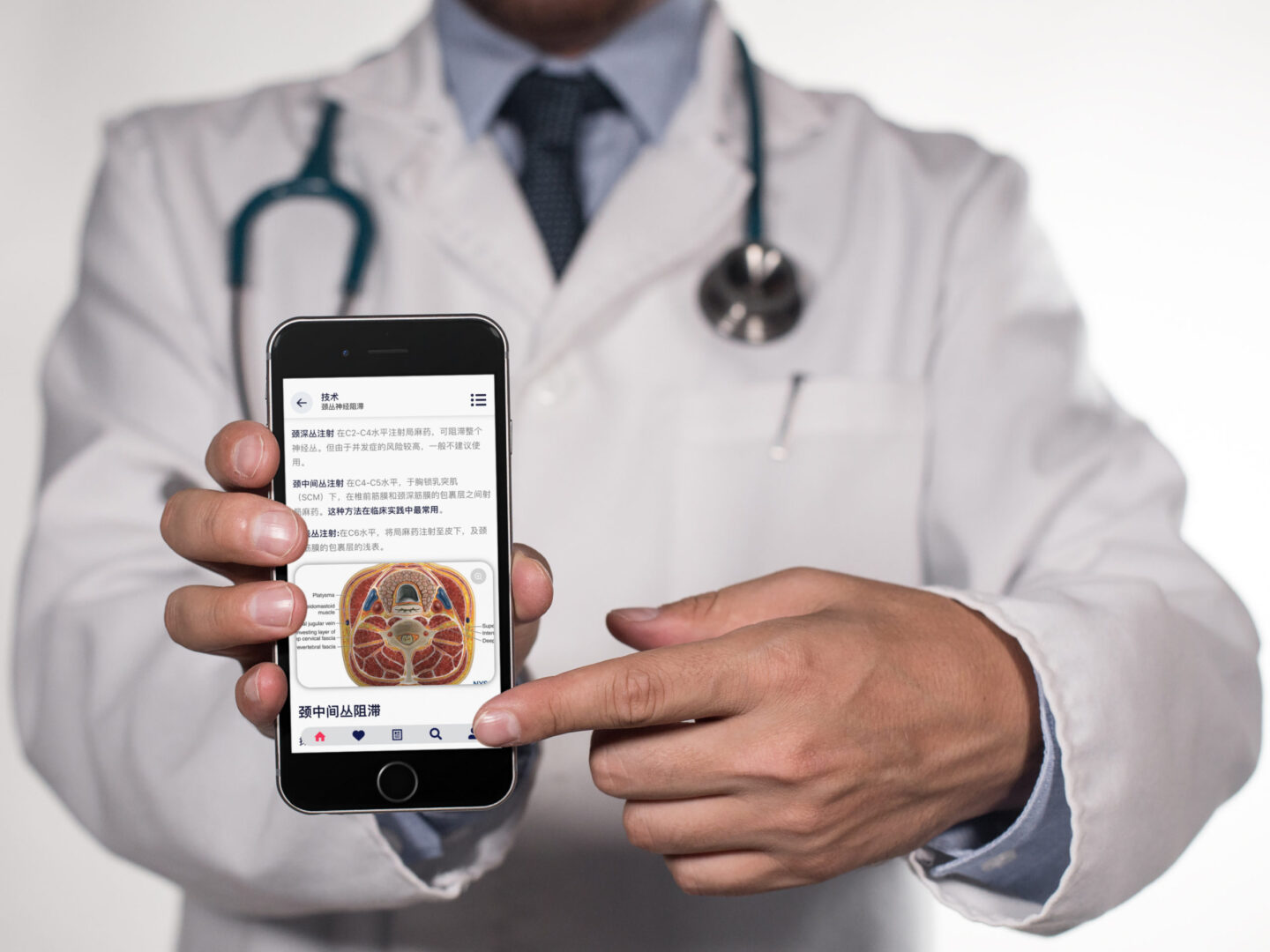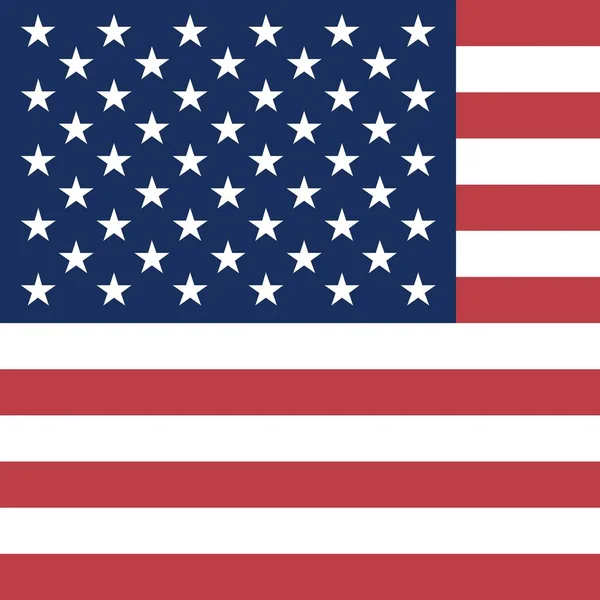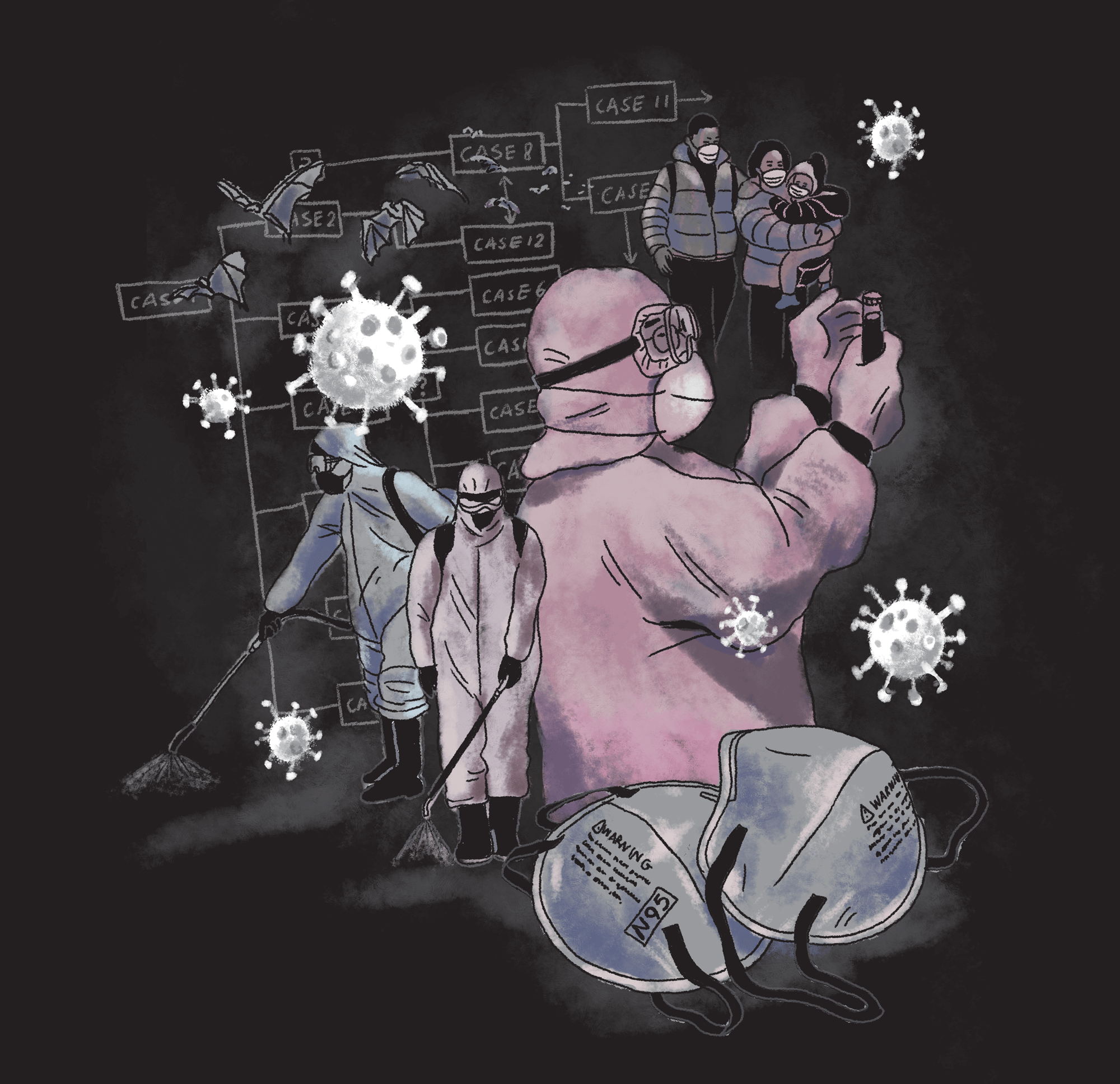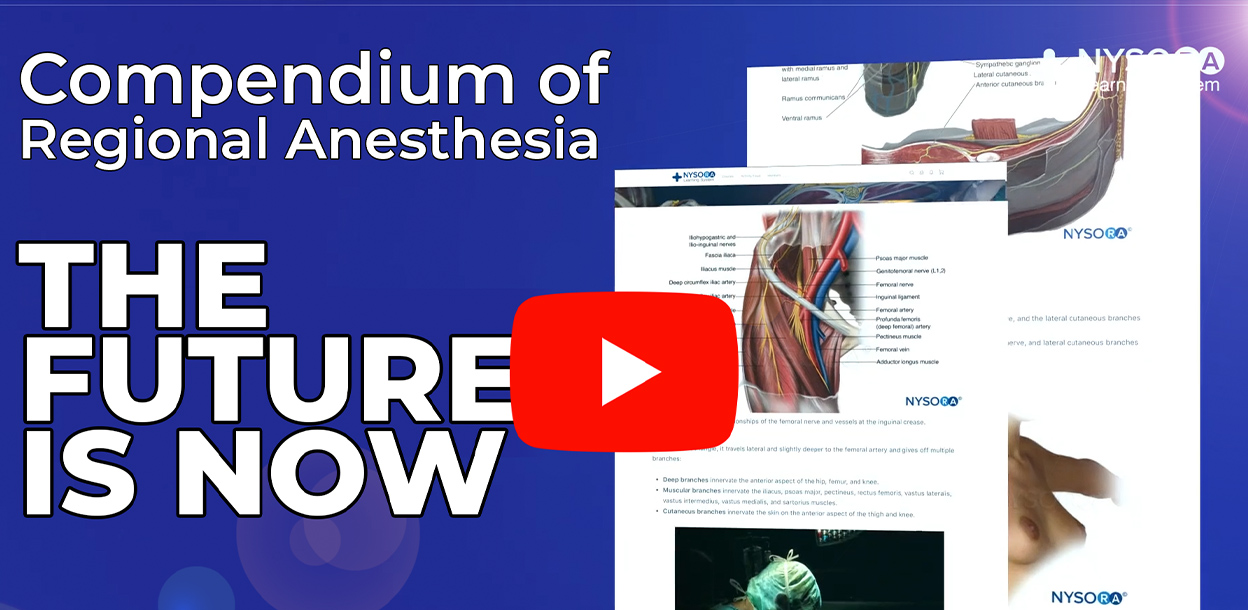After months in the making, NYSORA’s Nerve Blocks app has been released into Chinese. Here’s the story about how this translation, connecting NYSORA’s West with NYSORA’s East readership, materialized.
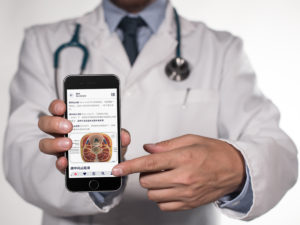
Dr. Jinlei Li, Program Director of Regional Anesthesia and Acute Pain Medicine Fellowship at Yale University and Director of Regional Anesthesia at Yale New Haven Health, teamed up with NYSORA and a group of experts in regional anesthesia from across The People’s Republic of China to create an accurate translation of the Nerve Blocks app.
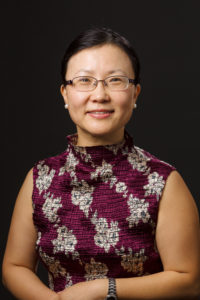
The NYSORA news team had the opportunity to speak to Dr. Jinlei on the details of organizing this endeavor, as well as her thoughts on the educational value this step forward will carry. Read the interview with this accomplished doctor below.
Hello Dr. Jinlei! Thank you for taking the time to answer these questions today. I’d like to start off by asking how you got in touch with the NYSORA team.
“I first met Admir (NYSORA’s founder and CEO) while lecturing at NYSORA’s Symposium of Regional Anesthesia in New York City, and we got to talking about everything from nerve blocks and procedures to teaching methods. It wasn’t long after that that we started discussing the possible benefits of translating NYSORA’s content into the Chinese language. It’s been a few years already since we first had the idea!”
How did you organize this translation? Was it an all-around positive experience?
“It definitely was a good experience. I participate both in the ASA and CSA (the Chinese Society of Anesthesiologists) actively and have a large network of friends and colleagues across both countries.
To make this translation happen, I got in touch with 3 key experts and dear friends in regional anesthesia and acute pain medicine, active members of CSA and CSRA (Chinese Society of Regional Anesthesia and Acute Pain Medicine ) in China. They were Dr. Yun Wang from Chaoyang Hospital, Capital Medical University in Beijing, a talented clinician, educator, and researcher; Dr. Shuai Tang from Peking Union Medical College, the renowned regional anesthesia expert in clinical practice, education, and research at one of the oldest and best-known medical colleges in China, and Dr. Wei Mei, an excellent physician, productive researcher, and sought-after teacher in regional anesthesia, from Tongji Hospital, Tongji Medical College, Huazhong University of Science and Technology in southern China. The three of them collected a team of specialists in record time, with no bumps in the road. Once we got together and pooled our sources, we managed to come up with an excellent team of professionals who finished the translation smoothly. They were so great, really.”
It was a true joy for me to work with all of these professionals, my friends, from across the world in one project!”
What is the status of the practice of nerve blocks currently in China?
“Currently, regional anesthesia is one of the hottest fields to specialize in in China. Regional anesthesia is pretty new in Anesthesia and requires new techniques, hand-eye coordination, and more. It seems that younger practitioners are rapidly adopting it, and there are lots of very active specialists. They are always busy scanning, researching, learning, and attending lots of different workshops as well, to expand their knowledge further.”
What educational void could this application potentially fill, in your opinion?
“Regional anesthesia is a very challenging field, and even though most anesthesiologists can do some nerve blocks, regional anesthesia has only really taken off since around the year 2000 in its complexity and diversity. Because of this, there is a need for global standardization.
Nerve blocks represent much more than an injection – it’s planning, structuring, and understanding the blocks and the anatomy before you do anything. NYSORA brings the most up-to-date summary of the literature and offers a quick guide to standardized nerve blocks, which is now getting more and more space to play an international role.
Depending on where you are, there are bound to be differences in the way blocks are performed due to differences in patient populations and practitioner expertise. As an example, the average BMI in China is different than it is in the US, and the use of opioids is different by the Chinese population than that of the US population. An app like this has the opportunity to open doors for doctors to try new techniques and go beyond that which they already know. Primarily, though, NYSORA’s standardization and communication amongst doctors everywhere is a huge benefit.”
Have you had the opportunity to explore the Nerve Blocks app with your colleagues at Yale? If so, what were their thoughts?
“Yes! NYSORA’s resources have become a go-to for residents, fellows, and faculty in our department. There’s a wide collection of information that’s easy to manage and refer to. I’m lucky enough to be able to reach out to NYSORA’s team personally, even give Admir a call, when I’m stuck on anything.”
How will the training in peripheral nerve blocks look in the future?
“In my opinion, through the next 5 to 10 years, we can expect to see a huge leap in the subspecialization of regional anesthesia. I expect it to become a necessity for all anesthesiologists to know a few basic blocks. I don’t think anesthesiologists of any specialty will be viewed as particularly well-trained if they aren’t even familiar with the basics at least.
Right now, the requirement for completing a residency exam is to have done 40 blocks. Which 40 blocks isn’t specified. I feel like these requirements will also change as time passes, and will become fine-tuned to incorporate a good general knowledge of these techniques in standard competency training before graduation.
I expect, generally, that regional anesthesia will start to mold in the direction of obstetric anesthesia. Any anesthesiologist has to know the basics; you have to know labor epidurals and c-sections. Once you move onward to a more advanced level, you must adopt more advanced techniques, such as high-risk obstetric anesthesia that requires specialized fellowship training.
Regional anesthesia promises to improve patient outcomes because of its roles in perioperative care, as well. From reducing the use of opioids and beyond, regional anesthesia is a large step in the right direction for all surgical specialties.”
We thanked Dr. Jinlei for her time before ending the call, happy to have gotten such positive feedback.
Mandarin is one of many languages that the Nerve Blocks app is translated into, as the NYSORA team continues to create widely available educational content for medical professionals everywhere.
